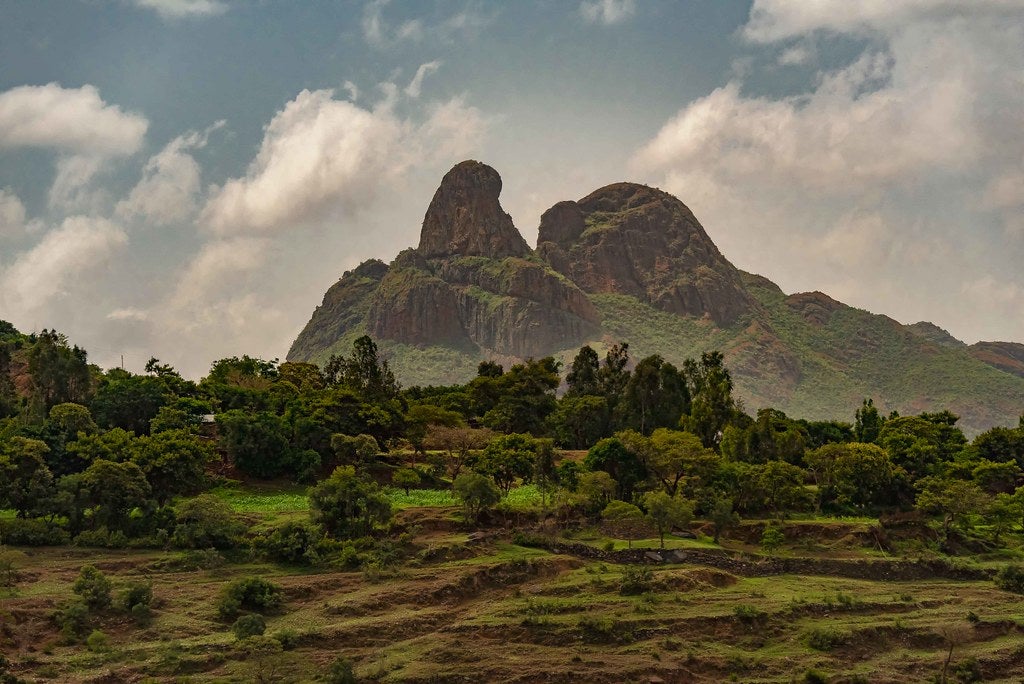
“Five Questions” is a new feature at The Blue Review. We ask scholars, activists, and public officials five short questions about their work (and other things). Here, Political Science professor and Research Director for the School of Public Service Brian Wampler, tells us about a recent research trip to Ethiopia.
Have you been to Ethiopia before?
This is my fourth trip to Ethiopia in the last 15 months. I was asked to be involved in a World Bank-sponsored project in summer of 2018 . The project seeks to work with civil society organizations and local governments to generate public dialogue. The hope is that new forms of public engagement will improve basic governance and service delivery.
Prior to 2018, most of my field work was focused on Brazil. Over the past 2 years, I have conducted field work in Indonesia, Kenya and Ethiopia. The main reason that my research is expanding is because local governments are innovating with new forms of local participatory institutions.
 What is your schedule like when you get there?
What is your schedule like when you get there?
While in Ethiopia, I stay in the capital city of Addis Ababa, which has a population of about 3 million people. I meet with colleagues from the World Bank as well as those who are implementing the $30 million project. My role is to help both teams—the World Bank and the implementing agency—to identify how their social accountability projects may be producing change.
While in Addis Ababa, I did two days of site visits. This involved meetings with local community leaders and local government officials; we visited local school, health care clinics, and government officials. I don’t speak the local languages, so I rely on translators.
How do you prepare to work in countries where you haven’t worked before?
I start by reading recent academic articles on the country. I then begin to follow the country’s daily news to give me a better sense of what issues people are dealing with For example, when I started going to Ethiopia last year, there was a political opening in which a new Prime Minister was trying to alter basic governance institutions. Following the news allowed me to engage with people on the key issues of the day.
What would you most like people to know about Participatory Budgeting?
PB provides an opportunity for citizens and governments to engage each other differently. The process requires citizens and governments to collaborate as partners. It is often hard for governments to do this, because many officials often think that they know best. But it also difficult forcitizens to work within the real constraints of local governments, mainly limited resources. When PB works well, citizens and governments learn to engage each other differently because they have to work together to make real choices.
 You’re a frequent traveler, and you often make long trips. What are your best travel tips?
You’re a frequent traveler, and you often make long trips. What are your best travel tips?
Sleep as much as you can on the flights. Once you arrive at your destination, try to exercise and adjust your time to the new schedule. I haven’t noticed a difference flying East or West (some people say flying East is easier), but I find that the jet lag is worse when I return home because I just completed a tiring trip.
Read more about Brian Wampler’s work on his School of Public Service faculty page.

